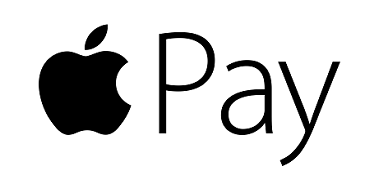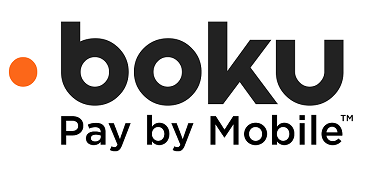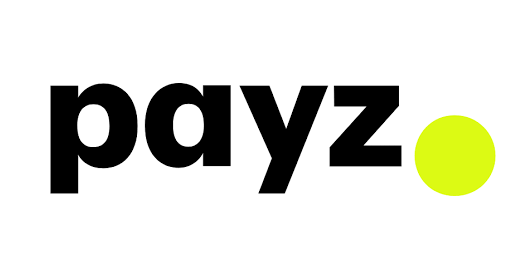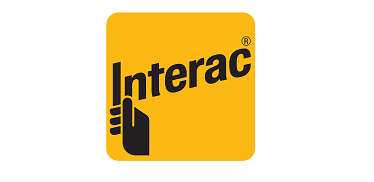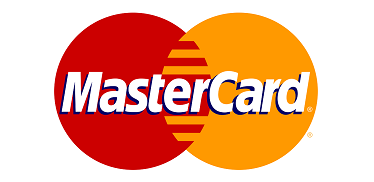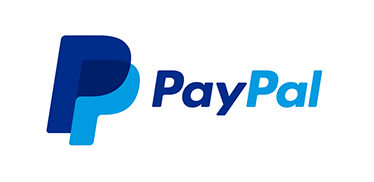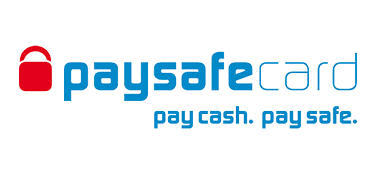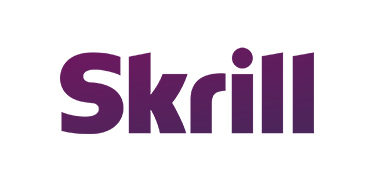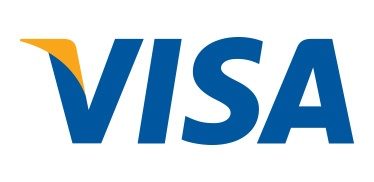A Brief History of Credit Cards
The modern credit cards we see and use today came about as the evolution of the use of a simple identifying object to represent credit (read: debt) transactions over the course of several decades, culminating in the Diners Club card used in New York in 1950. The first example of a credit card appearing in Canada came about in 1958 when American Express released its plastic Charge Card to the US and Canada markets. From there, the rest, as they say, is history.
Credit Card and Debit Card Difference
Credit and Debit Cards both allow the customer to make a deposit on an online casino. The difference is where the money comes from, and how you pay the funds. When a customer makes a payment through their credit card, it is the card issuing company that transfers the funds. The customer has signed into an agreement to pay the card issuer back every month, but unlike a charge card, you only have to pay an agreed minimum, not the full amount. A customer has a revolving account with a credit card, which means that any unpaid balance simply rolls over to the next month. Though there are no penalty fees for this, the outstanding balance will accrue interest at a rate agreed when signing up for a card.
Debit Cards, which are usually attached to a personal bank account, simply draw funds straight from the customer’s current/checking account. There are also prepaid debit cards which do not require the customer to have a banking account, as funds can be loaded directly onto the card.
Using Credit Cards in Canada
At the moment, there are seven major payment card networks operating in Canada. These networks are:
- Interac
- THE EXCHANGE
- MasterCard Canada
- VISA Canada
- American Express Canada
- Discover
- UnionPay
Every single one of the networks has given their word that they will abide by the Code of Conduct for the Credit and Debit Card Industry in Canada. This code ensures that merchants are provided with accurate information regarding the fees associated with accepting credit and debit cards, and it also outlines a number of rights for merchants. Online casinos in Canada most commonly accept cards from MasterCard and Visa, with cards from other processors also being available but less commonly.
Depositing
The speed and simplicity of depositing money into your casino account with a credit card is one of the reasons behind its popularity—just choose the credit card you use, enter its card number & accompanying details, and that's it.
Withdrawing
As convenient as credit cards are for deposits, the same can't be said for withdrawals as credit cards are not able to hold or receive money. For most users, though, this shouldn't be a problem as most credit card providers are also banks that offer debit cards attached to your bank account that can handle the deposits instead.
Other Available Payment Cards
Apart from Visa and MasterCard, who offer both credit and debit cards, you’ll see the logos on Canadian online casinos for the following card issuers: American Express (rare), Discover Card (Rare), Diners Club (fairly rare), Maestro (UK, common), Solo (UK, fairly rare), Carte Bleu (France, common), Interac (Canada, common), VISA Electron (Common), and EC (Germany, common).
Pros and Cons of Using Credit Cards
Pros
-
Wide acceptance:
One of the biggest advantages of using credit cards is their wide acceptance. Just about every online casino in Canada, regardless of their size, takes credit cards as a possible deposit method.
-
Ease of use
If you already have an active credit card, choosing it as your fund source for your online casino account is as easy as it could possibly be—simply select the option on the deposit page, enter your card details, and you are off to the races.
-
Fast processing speed:
Since credit cards by design don’t check for any existing balances (just that you haven’t exceeded your credit limits), processing speeds for credit card deposits to online casino accounts are processed almost instantly and will show up on your account just as quickly.
-
Large deposit limits.
For the same reasons as the previous point, credit cards also generally have very high deposit limits compared to most other casino payment methods, which makes them especially useful for high rollers alongside their other characteristics.
Cons
-
No withdrawals:
Although there are some exceptions to this, credit cards in Canada generally do not allow you to withdraw your casino account funds to the card as the payment method itself is not designed to store funds in the first place. For this reason, you will need to have another payment method set up to accept withdrawals from your online casino account (a common option is to have both a credit card and debit card from the same bank as you can have them set up at the same time).
-
Risk of large debt:
When you fund your online casino account with your credit card, you are doing so on credit—or in more frank terms, with money you don’t have. This means you run the risk of incurring some pretty serious debts if you have difficulty managing spending on your own, especially since many cards can offer pretty high credit limits.
Should you use credit cards for online casino payments?
Credit cards are one of the most widely used casino payment methods for a reason—they are convenient, secure, and most of all, fast. However, you will want to strongly consider the potential risk of gambling with borrowed money, which lies at the core of how credit cards work.
Our Final Thoughts
Love them or hate them, you have to at least respect them—credit card casinos are an extremely popular payment method that, if you can manage the potential risks of overspending, will serve you well at any online casino.
Credit Card Casino FAQs
Are credit cards available in Canada?
Yes, several credit card providers are available in Canada with a variety of card tiers offering various ranges of perks and rewards.
Can I use credit cards at online casinos?
Yes, you can use credit cards at online casinos as a way to add funds into your casino account.
How do I cash out with a credit card?
The short answer is that you can't cash out casino funds with a credit card; you will need to use a different payment method (like a debit card or e-wallet) to receive your funds.
 8237 Games
8237 Games 6305 GamesJackpot City$4000 Bonus + 210 Free Spins
6305 GamesJackpot City$4000 Bonus + 210 Free Spins 6000 GamesVoodoo Casino$4,500 Bonus & 500 Free Spins
6000 GamesVoodoo Casino$4,500 Bonus & 500 Free Spins 9012 Games
9012 Games 6124 GamesSlotuna$750 Bonus + 200 Free Spins + 1 Bonus Crab
6124 GamesSlotuna$750 Bonus + 200 Free Spins + 1 Bonus Crab 4025 Games
4025 Games 8102 GamesLucky Circus$10,000 Bonus + 450 Free Spins
8102 GamesLucky Circus$10,000 Bonus + 450 Free Spins 8400 Games
8400 Games 6000 Games
6000 Games 7390 GamesWildTornado CasinoC$1,000 + 200 Free Spins
7390 GamesWildTornado CasinoC$1,000 + 200 Free Spins 8000 Games
8000 Games 5998 Games
5998 Games 7015 Games
7015 Games 2497 Games
2497 Games 8000 Games
8000 Games 8096 Games
8096 Games 5513 Games
5513 Games 5206 GamesSpin Casino$3000 Bonus + 220 Free Spins
5206 GamesSpin Casino$3000 Bonus + 220 Free Spins 8785 Games
8785 Games 9468 GamesInstant Casino$7500 Bonus + 10% Cashback - No Wagering
9468 GamesInstant Casino$7500 Bonus + 10% Cashback - No Wagering

